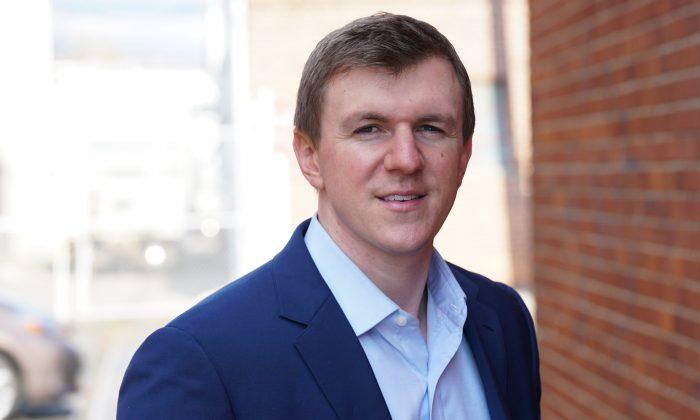In the wake of his public split from Project Veritas, investigative reporter James O’Keefe has launched a new venture that aims to put the power of the media in the hands of everyday people.
The goal, he said, is to “decentralize” journalism.

The goal, he said, is to “decentralize” journalism.